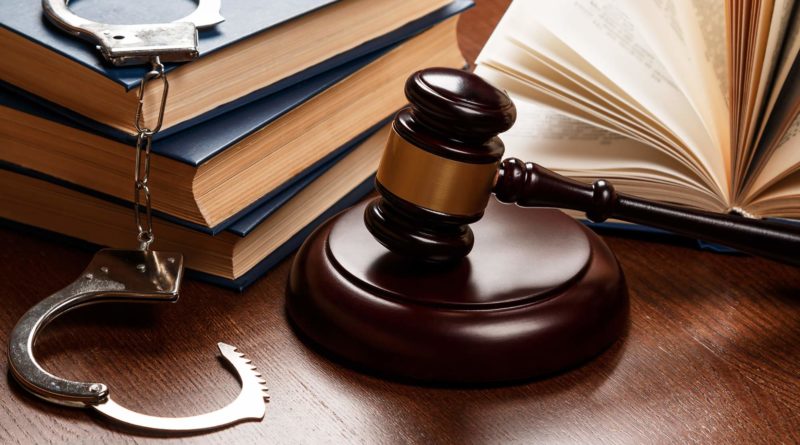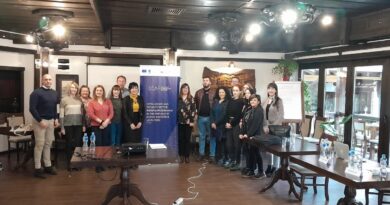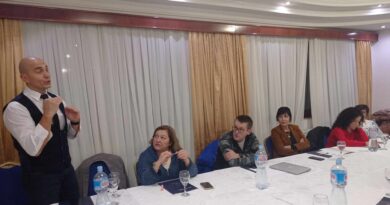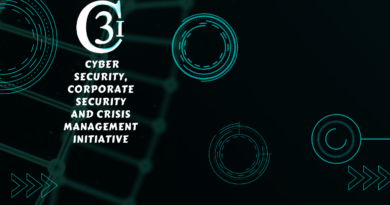Short review of the North Macedonia regulative for online disinformation
Author: Assistant professor Vesna Poposka, PhD
University professor and independent analyst
The conceptual layout of misinformation and fake news covers a fairly wide and well-developed range. Although the Macedonian normative system does not have an adopted definition of this phenomenon, there is a general consensus on the operational meaning of the term, which more or less coincides with the definition of the Cambridge dictionary: false information that is disseminated with the intention of leading people to believe untruths.
Although the intention is one of the key elements in establishing guilt in the criminal justice system, the incrimination of creating and spreading misinformation is indirect. This means that although there is no specific criminal offense related to the dissemination of false news, the Criminal Code in a material sense can allow criminal prosecution for activities of this nature. This issue has been especially relevant since the coronavirus pandemic started, and information was published in the public about several submissions to the public prosecutor’s office related to this topic.
However, some prosecutors refrained from further action, believing that such a legal basis is not sufficient. Liability can be located on several grounds. For example, there are offenses such as Article 205 paragraph 5 states: Whoever endangers the safety of another by making a false threat of transmission or by spreading false allegations of an incurable infectious disease shall be punished by a fine or imprisonment of up to six months. The following incrimination is related to acts of hate speech and Article 394 d which states that: A person who through a computer system spreads racist and xenophobic written material, image or other representation of an idea or theory that supports, promotes or incites hatred, discrimination or violence, against any person or group, on the basis of sex, race, skin color, gender, belonging to a marginalized group, ethnicity, language, citizenship, social origin, religion or belief, other types of beliefs, education, political affiliation, personal or social status, mental or physical disability, age, marital or marital status, property status, health status, or any other grounds provided by law or a ratified international agreement shall be punished by imprisonment of one to five years.
In reality, the problem of disinformation is much older than the pandemic.
The wording “spreading false news”, which is most closely related to misinformation, was especially relevant in the summer of 2016 due to the US presidential election, but localized in Veles. The story about the boys from Veles promoted by the renowned “Guardian” quickly travelled the world, but the Macedonian legislation did not undergo major interventions, although there were serious political initiatives, inspired primarily by the European Commission’s 2020.
The report says, among other things, that “it is essential to continue supporting media pluralism, promoting professionalism, impartial reporting and investigative journalism, and building resilience to effectively combat disinformation, and in that direction from the country next year, among other things, is expected to increase efforts to combat misinformation and build media flexibility.” In this regard, the Government introduced an action plan to combat misinformation and began a process to improve media literacy in the education system. Both processes are at an early stage. On the other hand, the action plan was not received with admiration, and some of the media reacted that they were afraid of potential censorship.
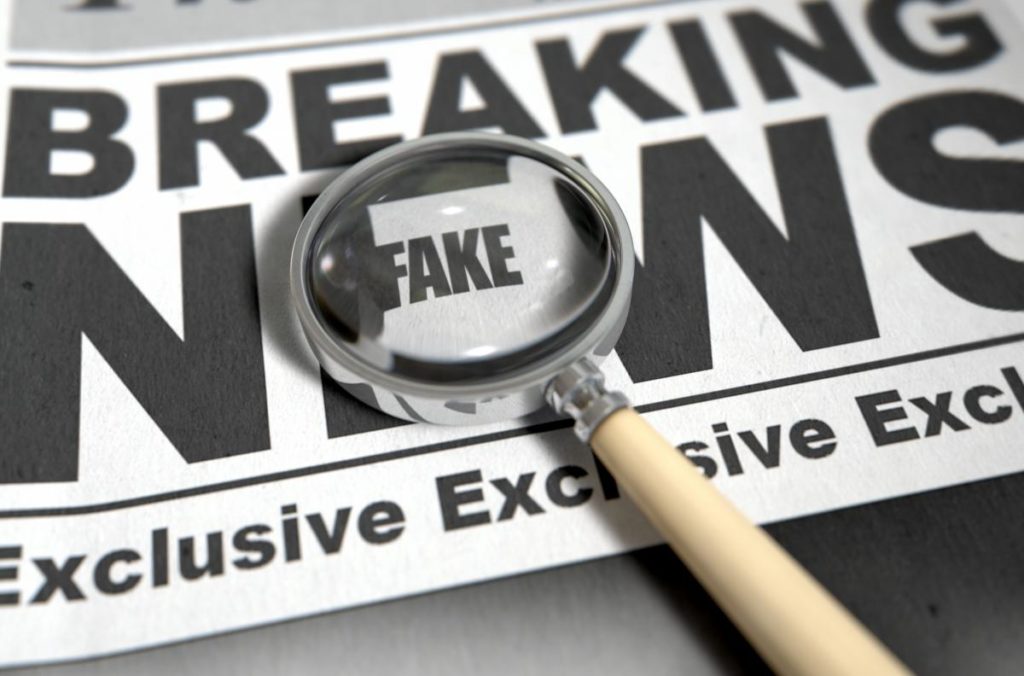
One of the key problems in the country at the moment is the fact that Internet media are not regulated by law. It is proposed to establish a self-regulatory mechanism. In December 2019, the Association of Journalists and the Council for Media Ethics established a register of online media (promedia.mk) which is voluntary and sets a series of minimum standards. Self-regulation was an alternative to the legal regulation in the Media Law which originally aimed to cover the so-called electronic publications (Internet portals), but the same did not happen under pressure from the expert and international public. Although the purpose of such a solution was to promote media freedom, in practice the abuse is much greater, and the regular media and their editors are in a much less favourable position and are subject to more restrictive measures. Another challenge of legal nature related to the incrimination of misinformation, their creation and dissemination, is the nature of the actors and the purpose for which they are created.
This article is supported by the Metamorphosis Foundation and Techsoup. The views expressed in this publication are those of the author and do not always reflect the views of the Metamorphosis Foundation, Techsoup and C3I.

